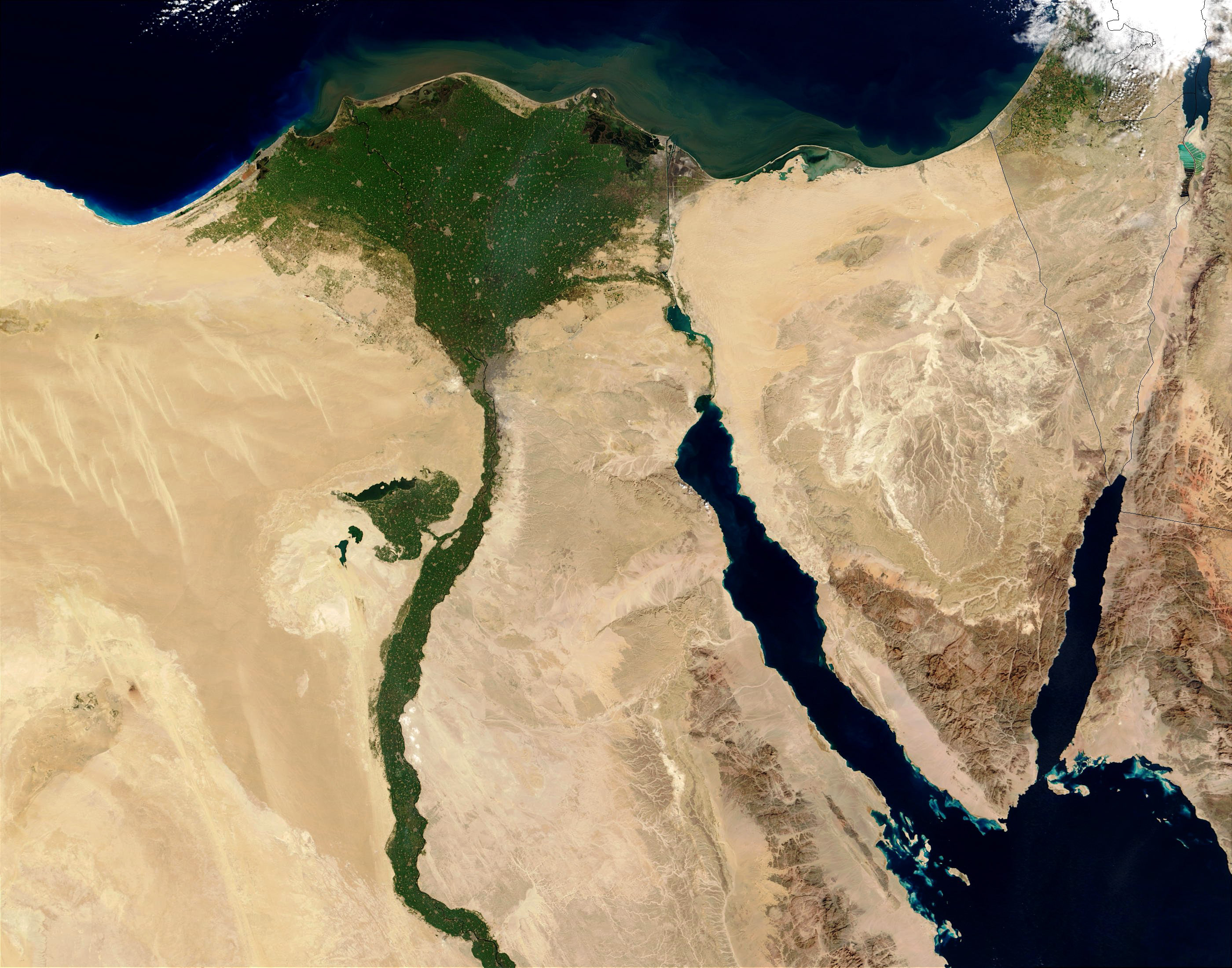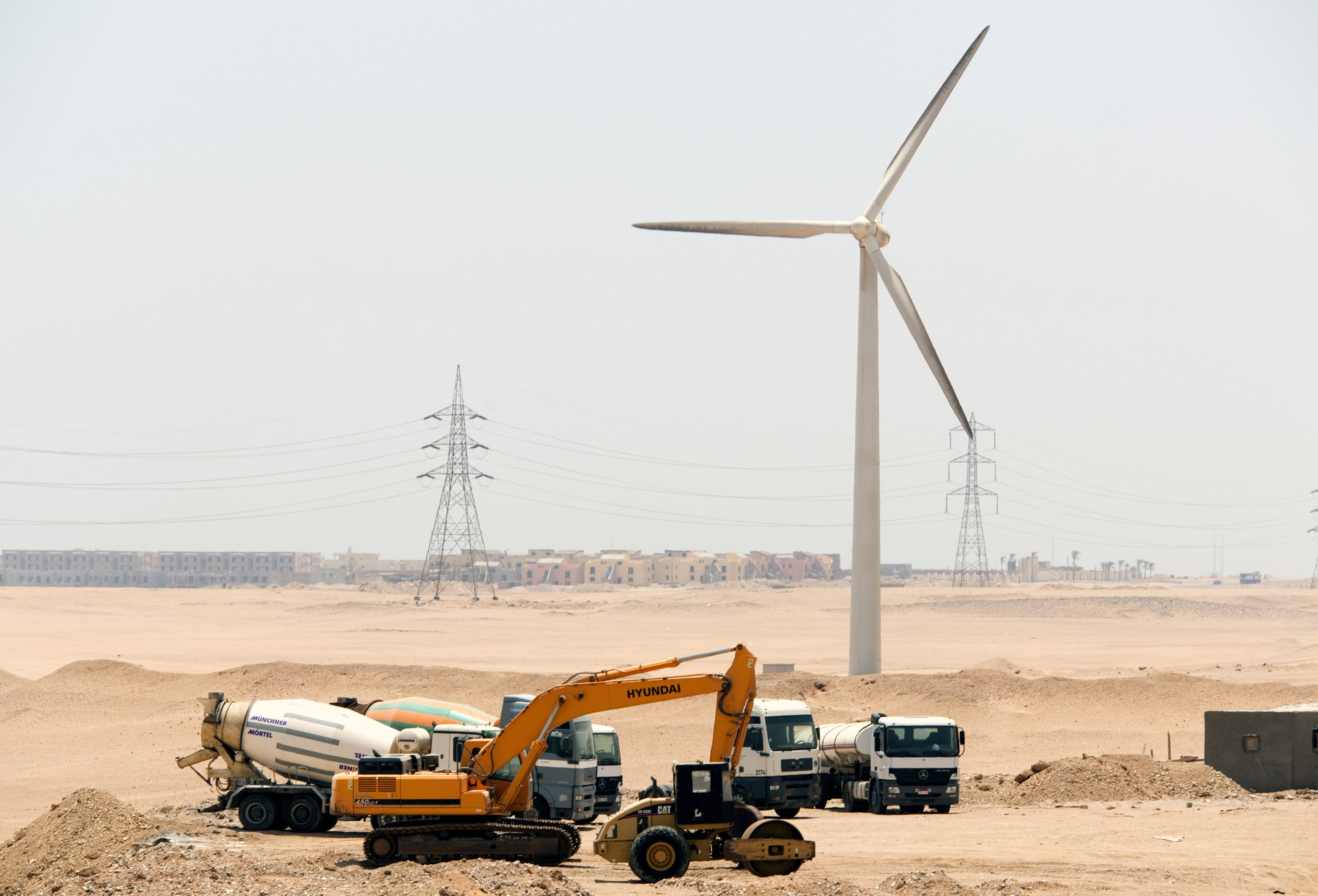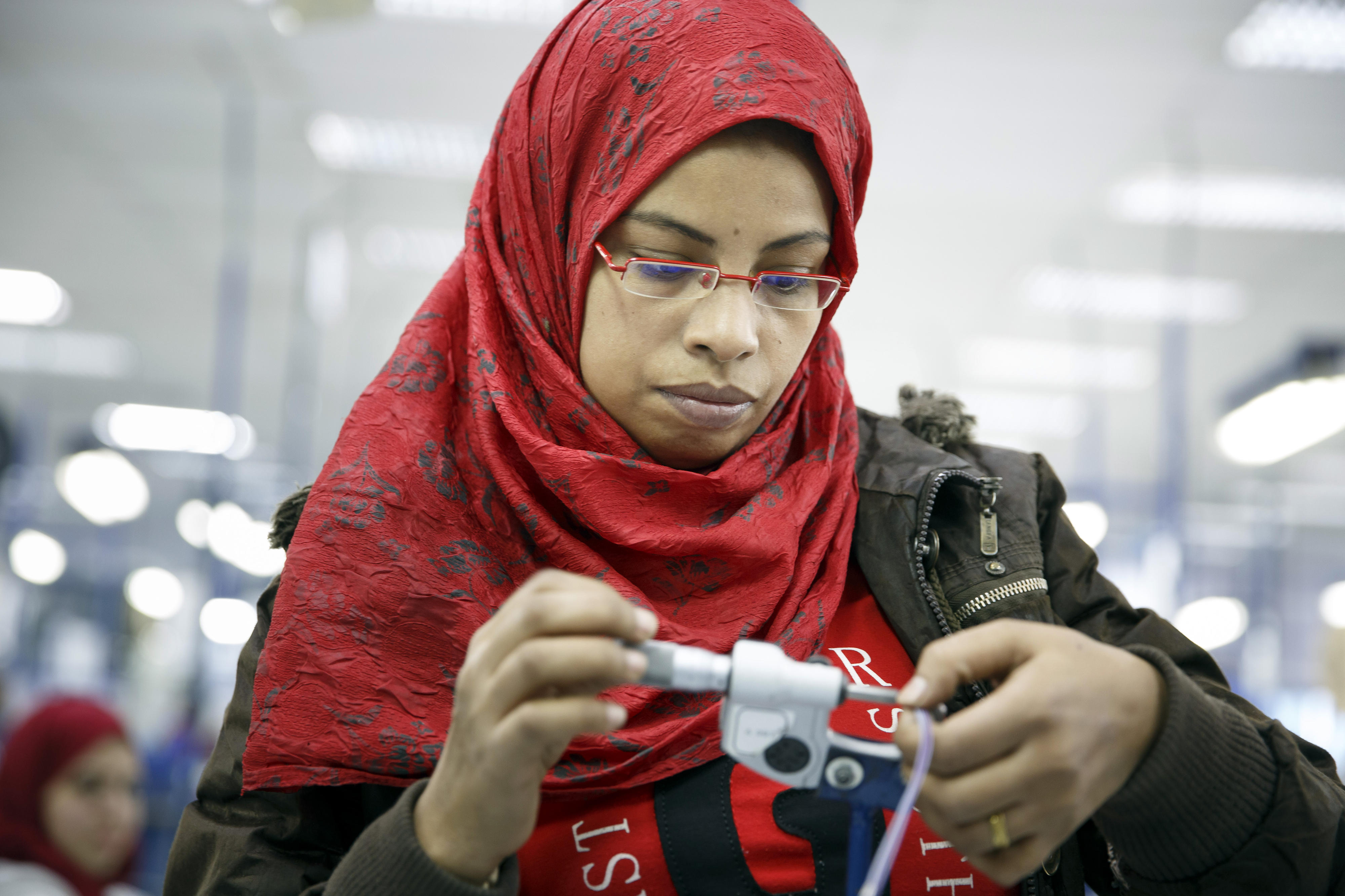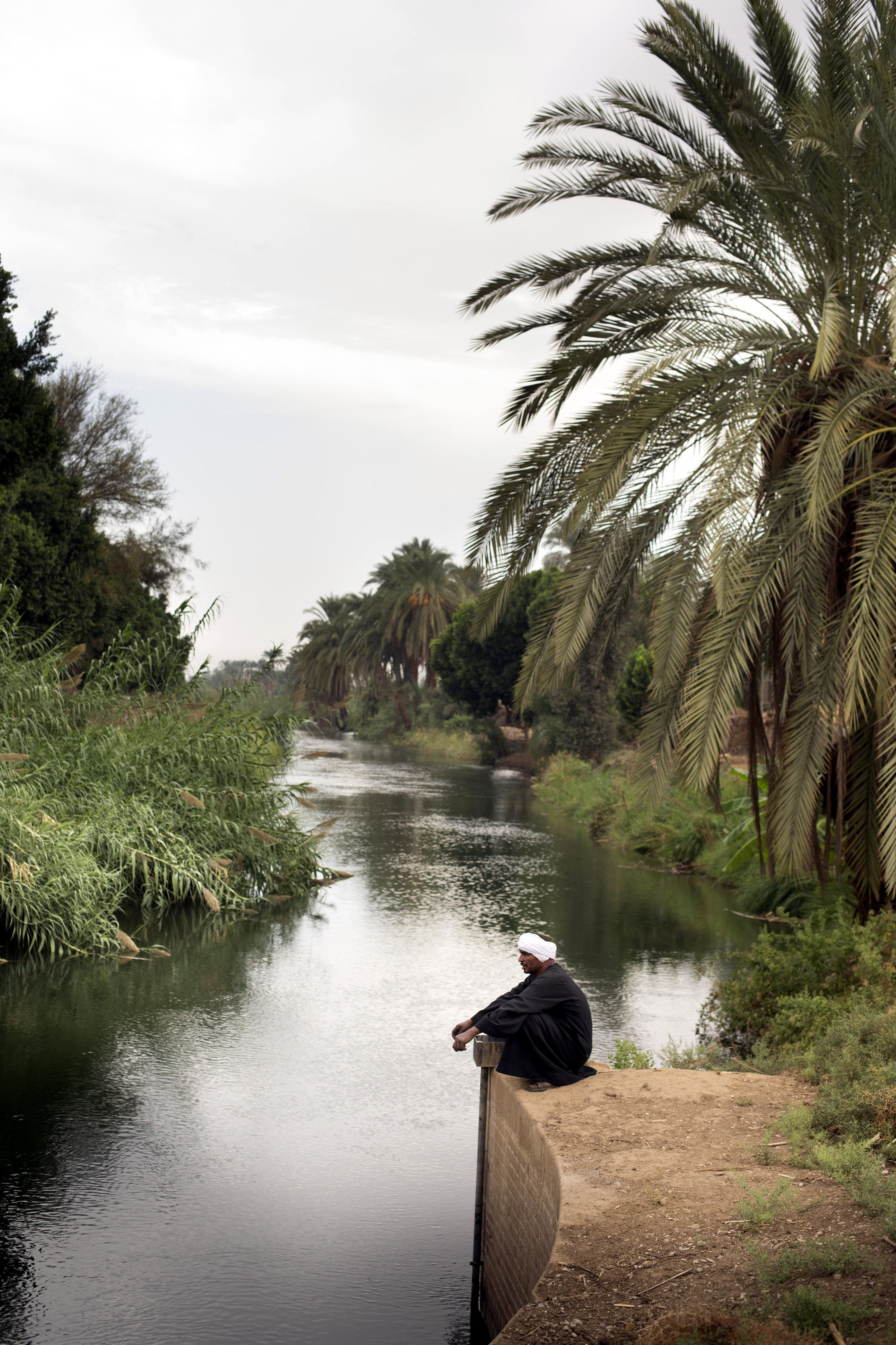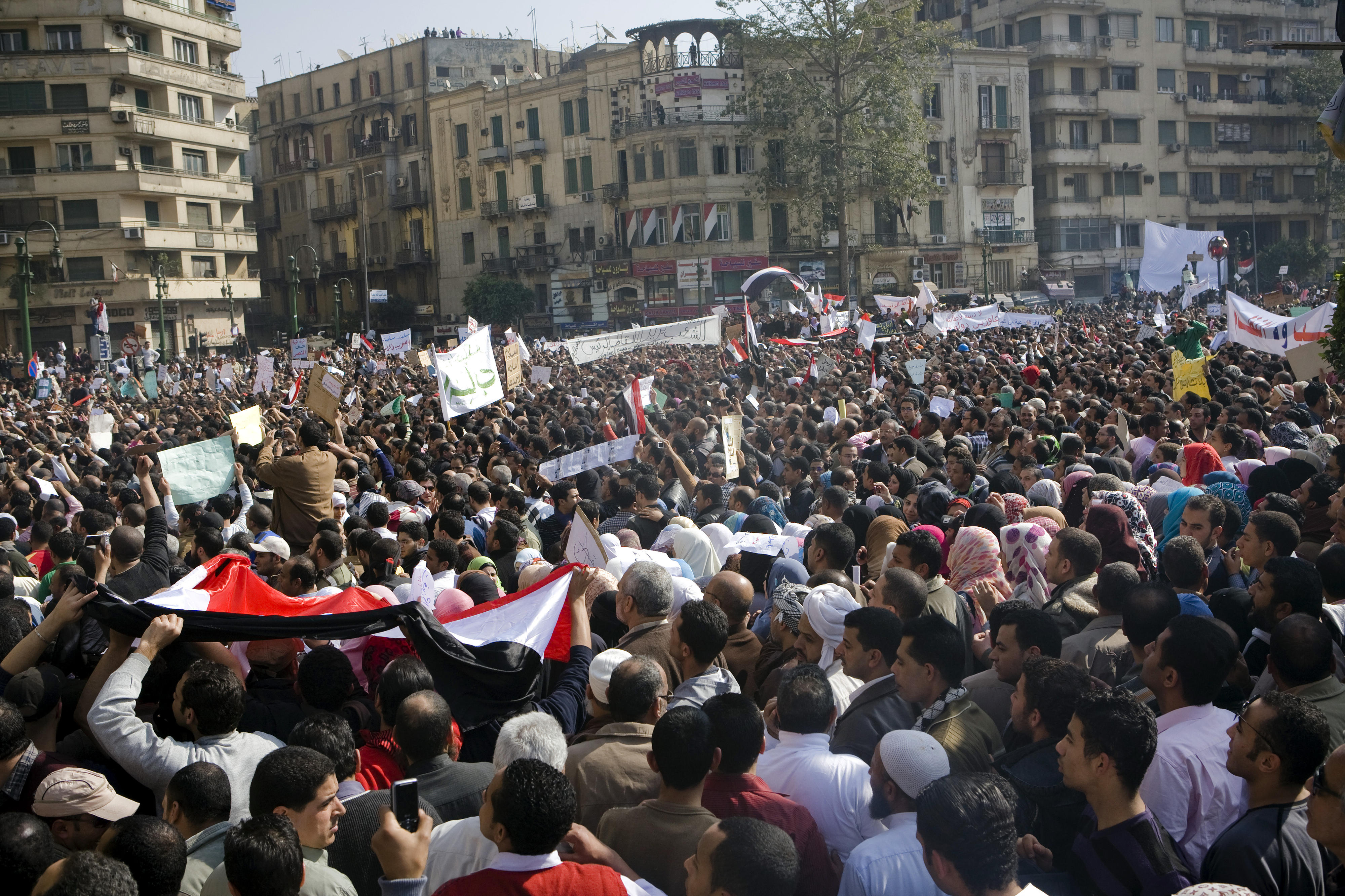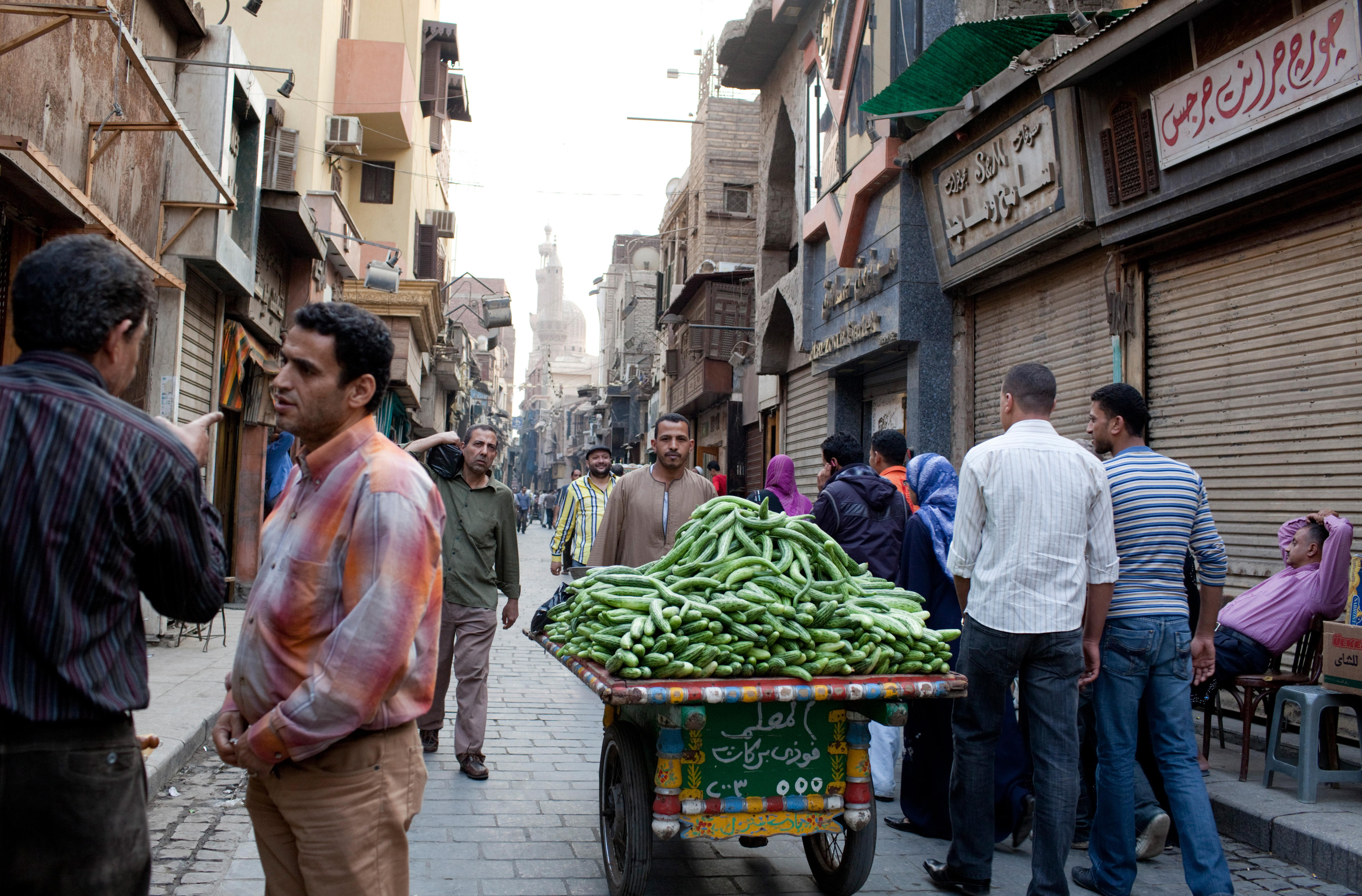Satellite image of the Nile delta in Egypt
Copyright© WikiImages, via pixabay, CC0
Egypt
Egypt and Germany are linked through long-standing close relations. The countries are not in full agreement on all issues, but Egypt still is a key partner for Germany in achieving important goals and pursuing Germany’s interests in foreign, security, climate and economic policies and a focal country of Germany’s cultural relations and education policy.
Egypt is a large market and hence offers a huge potential for economic cooperation. As a link between the Mediterranean and the Red Sea, the Suez Canal is very important for international shipping. Egypt also has excellent natural conditions for solar and wind power generation. The expansion of renewable energies and production and export of green hydrogen offers huge potential for development. In addition, Egypt is a priority country for the German government’s approach to skilled immigration from third countries.
The socio-economic situation in Egypt is tense. Since President Al-Sisi took office in 2014, government actions are very much influenced by security considerations and are focused on maintaining its hold on power. The rights to freedom of opinion, freedom of assembly and press freedom enshrined in the constitution have been increasingly restricted. The political opposition and critical civil society have very little room for manoeuvre. Egypt continues to face huge challenges when it comes to improving the living conditions of its people. The economic situation has been fragile in recent years and external factors such as the war in the Gaza Strip have made it worse. About one-third of the population lives below the national poverty line, another third is on the brink of poverty.
German development cooperation with Egypt
With its national agenda “Egypt Vision 2030 (External link)” the Egyptian government has been pursuing a broad-based strategy for sustainable development since 2016. It is linked to the United Nations 2030 Agenda and the African Union's Agenda 2063.
The aim of German development cooperation is to help improve the living conditions in Egypt and boost reform efforts in politics and society. At the most recent government negotiations in December 2022, the Federal Ministry for Economic Cooperation and Development (BMZ) committed new funding of approximately 186 million euros to Egypt for development cooperation.
The two countries' cooperation focuses on the following core areas:
- Climate and energy, just transition
Areas of intervention: renewable energy and energy efficiency, sustainable urban development
- Sustainable economic development, training and employment
Areas of intervention: technical and vocational education and training, private sector and financial sector development
- Conserving nature and natural resources, protecting life on Earth
Area of intervention: water
In addition, the BMZ is working in Egypt to foster better use of pathways for regular migration to Germany/Europe for employment or training purposes, promote women's participation and gender equality, foster digital technologies and strengthen population policy.
Germany is granting Egypt debt relief in the form of debt swaps. This means debt is written off in exchange for investment of the equivalent amount in development projects. A focus is currently on supporting Egypt in its efforts to deal with the influx of refugees from Sudan and providing financial support. An estimated 1.5 million people from the neighbouring country have sought refuge in Egypt since the beginning of the civil war in April 2023.
SDG trends for Egypt
- On track or maintaining SDG achievement
- Moderately improving
- Stagnating
- Decreasing
- Trend information unavailable
